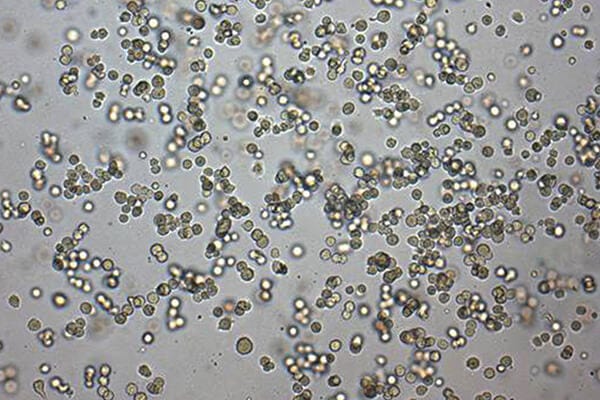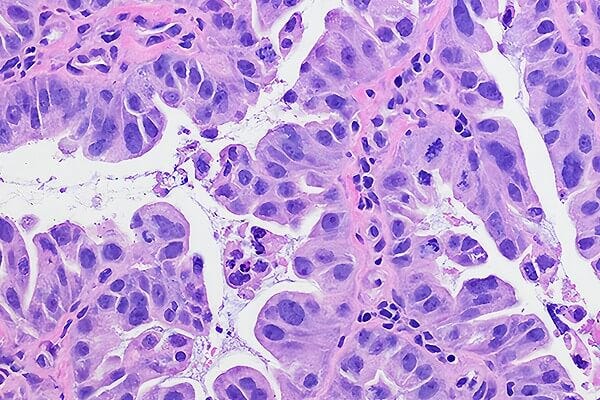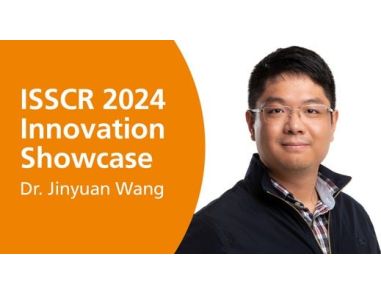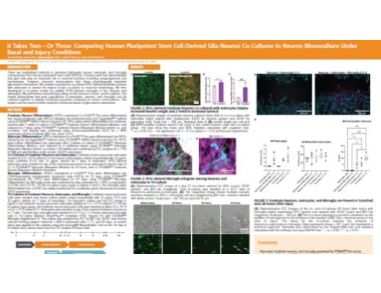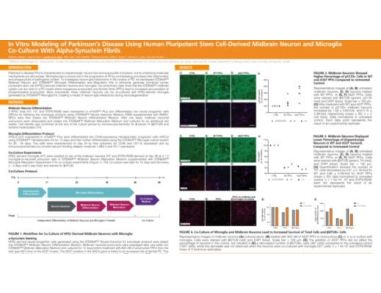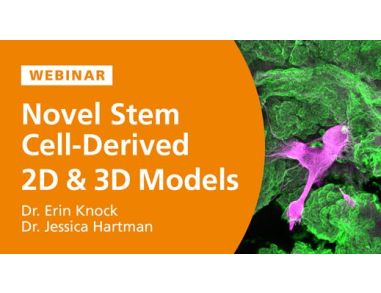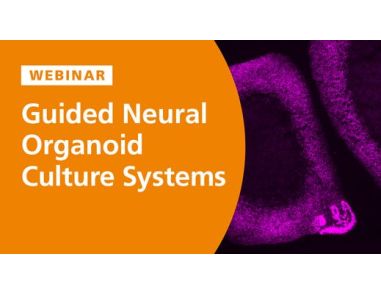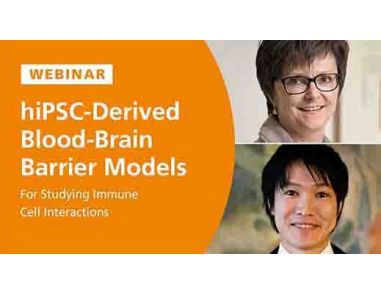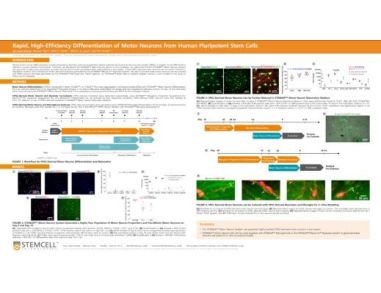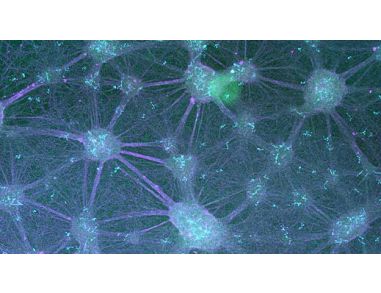Neuroscience Research
-
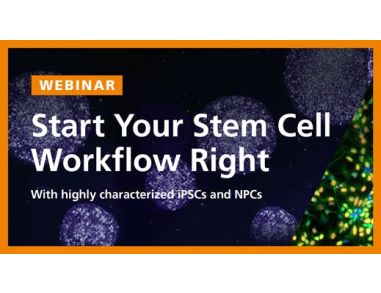 Highly Characterized Human iPSCs and NPCs for Downstream Differentiation Applications Reproducible research with human induced pluripotent stem cells (iPSCs) depends on access to thoroughly characterized and quality-controlled cell lines. In this webinar, Drs. Andrew Gaffney and Erin Knock will describe the generation of a standardized induced pluripotent stem cell (iPSC) line. Developed with the upcoming ISSCR Standards Initiative characterization guidelines in mind, this highly characterized line is karyotypically stable, demonstrates trilineage differentiation potential, and expresses undifferentiated cell markers. Further, STEMCELL has developed a highly pure, ready-to-use neural progenitor cell product expressing PAX6 and SOX1 over multiple passages. Dr. Knock will show how these multipotent cells are suitable for customized downstream differentiation to various CNS cell types, such as forebrain neurons, midbrain neurons, and astrocytes. These progenitor cells are the ideal controls for standardizing downstream differentiation protocols, modeling diseases, and developing assays.
Highly Characterized Human iPSCs and NPCs for Downstream Differentiation Applications Reproducible research with human induced pluripotent stem cells (iPSCs) depends on access to thoroughly characterized and quality-controlled cell lines. In this webinar, Drs. Andrew Gaffney and Erin Knock will describe the generation of a standardized induced pluripotent stem cell (iPSC) line. Developed with the upcoming ISSCR Standards Initiative characterization guidelines in mind, this highly characterized line is karyotypically stable, demonstrates trilineage differentiation potential, and expresses undifferentiated cell markers. Further, STEMCELL has developed a highly pure, ready-to-use neural progenitor cell product expressing PAX6 and SOX1 over multiple passages. Dr. Knock will show how these multipotent cells are suitable for customized downstream differentiation to various CNS cell types, such as forebrain neurons, midbrain neurons, and astrocytes. These progenitor cells are the ideal controls for standardizing downstream differentiation protocols, modeling diseases, and developing assays. -
 “Neuronal Diversity” Featuring Dr. Paola Arlotta On this episode of the Stem Cell Podcast, Dr. Paola Arlotta from Harvard University talks about brain organoids as models for human development, neuropsychiatric disorders, and neurodegenerative diseases.
“Neuronal Diversity” Featuring Dr. Paola Arlotta On this episode of the Stem Cell Podcast, Dr. Paola Arlotta from Harvard University talks about brain organoids as models for human development, neuropsychiatric disorders, and neurodegenerative diseases. -
 “Neurodegenerative Diseases” Featuring Dr. Clive Svendsen On this episode of the Stem Cell Podcast, Dr. Clive Svendsen from Cedars-Sinai talks about using stem cells to model spinal muscular atrophy and the blood-brain barrier, and his cell-gene therapy trial for ALS.
“Neurodegenerative Diseases” Featuring Dr. Clive Svendsen On this episode of the Stem Cell Podcast, Dr. Clive Svendsen from Cedars-Sinai talks about using stem cells to model spinal muscular atrophy and the blood-brain barrier, and his cell-gene therapy trial for ALS.

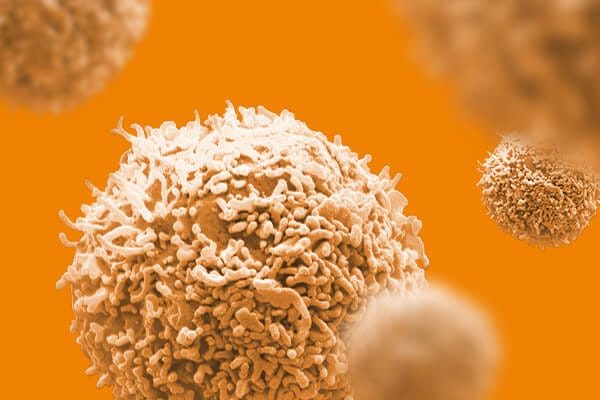
 EasySep™小鼠TIL(CD45)正选试剂盒
EasySep™小鼠TIL(CD45)正选试剂盒
